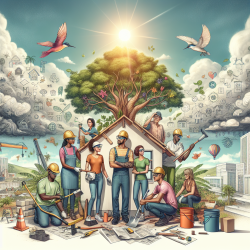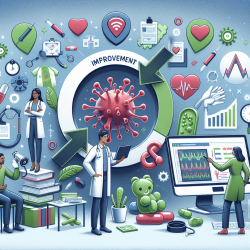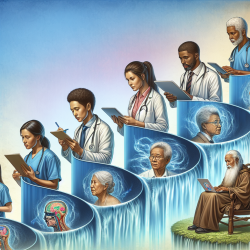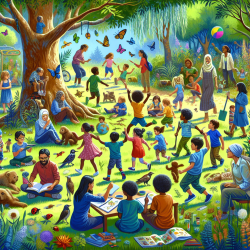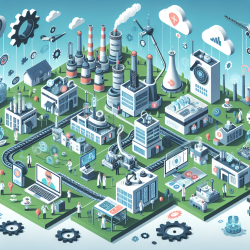In the aftermath of Hurricanes Irma and Maria, Puerto Rico faced significant challenges in rebuilding its housing infrastructure. The research article "Socioeconomic Vulnerabilities and Housing Reconstruction in Puerto Rico After Hurricanes Irma and Maria" sheds light on the complex interplay between socioeconomic vulnerabilities and informal housing reconstruction. As practitioners in the field of disaster recovery, understanding these dynamics can enhance our ability to support communities effectively.
Understanding Socioeconomic Vulnerabilities
Socioeconomic vulnerability refers to the economic and social characteristics that limit a household's ability to recover from disasters. In Puerto Rico, factors such as lack of ownership documents and unemployment compounded these vulnerabilities, pushing many households towards informal reconstruction methods. This research highlights the importance of identifying these vulnerabilities to tailor recovery efforts that address the unique needs of affected communities.
The Role of Informal Housing Reconstruction
Informal housing reconstruction emerged as a significant trend post-Hurricanes Irma and Maria. While it offers a quicker path to recovery for many households, it also carries inherent risks due to lack of regulation and safety standards. Practitioners must balance the benefits of informal reconstruction with its potential hazards, ensuring that vulnerable populations are not further marginalized.
Implications for Practitioners
- Identify Vulnerable Households: Use socioeconomic indicators such as employment status and ownership documents to identify households at risk of engaging in unsafe reconstruction practices.
- Promote Safe Building Practices: Educate communities about safe construction techniques and provide access to resources that enable compliance with safety standards.
- Collaborate with Local Organizations: Partner with local NGOs and community groups that understand the unique challenges faced by residents, leveraging their insights to develop effective recovery strategies.
- Advocate for Inclusive Policies: Work towards policies that recognize informal housing realities and provide equitable access to recovery resources for all households.
Encouraging Further Research
The study underscores the need for continued research into the compounding effects of socioeconomic vulnerabilities on disaster recovery outcomes. By exploring these dynamics further, practitioners can develop more nuanced strategies that address both immediate needs and long-term resilience building.
Conclusion
The lessons learned from Puerto Rico's experience post-Hurricanes Irma and Maria provide valuable insights for practitioners involved in disaster recovery. By understanding the role of socioeconomic vulnerabilities in shaping housing reconstruction outcomes, we can better support communities in building resilience against future disasters.
To read the original research paper, please follow this link: Socioeconomic Vulnerabilities and Housing Reconstruction in Puerto Rico After Hurricanes Irma and Maria.
